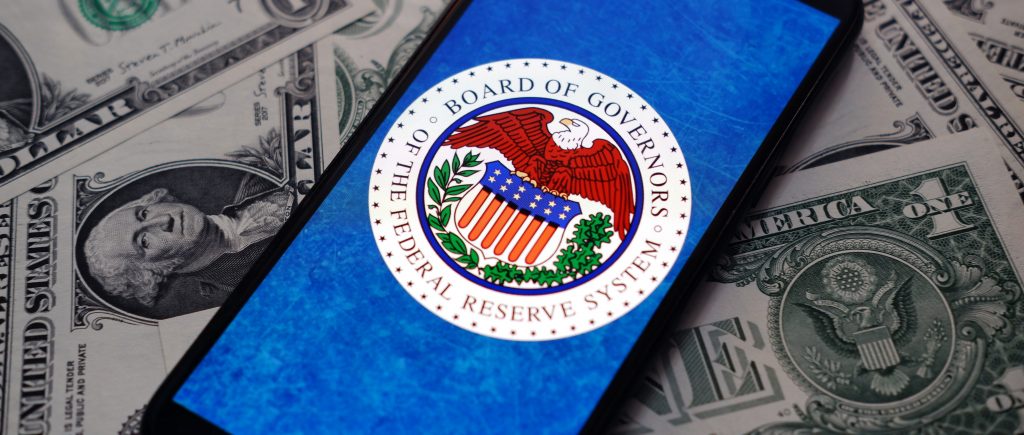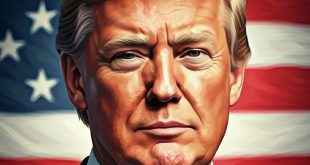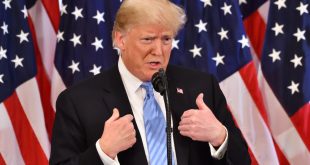Federal Reserve Governor Christopher Waller has described the current administration’s tariff policies as one of the most substantial shocks to the US economy in recent decades. These measures could prompt the central bank to reduce interest rates to stave off a recession, though they might also be a strategic negotiating tool with limited long-term consequences.
According to Waller, the new tariffs are likely to push inflation higher, but this increase is expected to be short-lived. If tariffs remain at an average of 25% for a prolonged period, inflation could climb to around 5%. Such a scenario might exert sustained pressure on economic output and jobs, potentially driving unemployment up to 5%. Should a high-tariff environment lead to a significant economic downturn, Waller indicated he would support earlier and more substantial rate cuts than previously anticipated.
On the other hand, if tariffs are reduced to an average of 10%, inflation might peak at a more manageable 3%, with minimal impact on economic activity. In this case, Waller suggested a more cautious monetary policy approach, with potential rate reductions deferred to the second half of the year. He stressed the importance of adaptability in policymaking given the uncertainty surrounding tariff outcomes. Partial suspensions of tariffs have widened the spectrum of possible economic scenarios, making the timing of policy decisions less predictable.
Despite these uncertainties, Waller noted that inflation expectations remain well-anchored, with forecasts suggesting a return to moderate levels by 2026. Current monetary policy is significantly curbing economic activity, but there is optimism that underlying inflation will continue to decline. In the first quarter, the economy grew modestly, bolstered by a resilient labor market, though inflation remained elevated. Recent estimates indicate that 12-month inflation, based on the Personal Consumption Expenditures index, was likely around 2.3%, with core inflation at approximately 2.7%. As developments unfold, the central bank’s response will depend on the trajectory of tariffs and their broader economic repercussions.

 Noor Trends News, Technical Analysis, Educational Tools and Recommendations
Noor Trends News, Technical Analysis, Educational Tools and Recommendations




